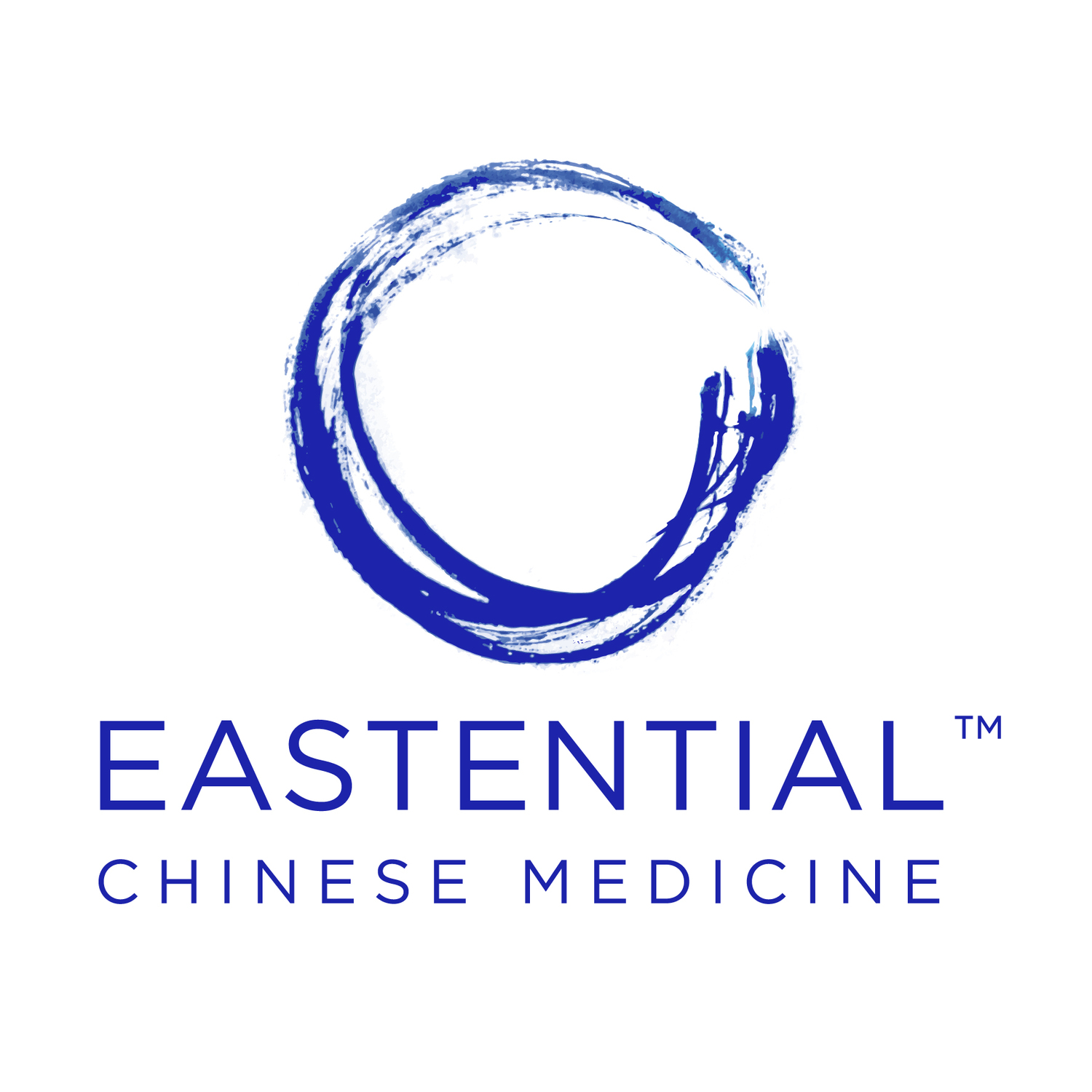Menopause - a word synonymous with for those reaching fifty. You may have heard awful stories or have witness your aunties or mothers going through this dreadful phase of womanhood. Symptoms of menopause does not occur straightaway but rather it gradually and subtly increases over time. There may be occasional hot flushes and night sweats, headaches or migraines that you never used to have, irregular cycles with heavy to light flow, harder to shift the weight, insomnia etc. These minor changes are often an indication that the body and hormones are beginning to change and shift. During this phase, it is classified as peri-menopause where there are still regular or occasional menstrual bleed with the added symptoms. Menopause is defined as the cessation of menstrual bleed for over a year. However, symptoms of menopause can persist for up to three to five years or more.
Symptoms
Hot flushes, vaginal dryness, night and/or day time sweats, insomnia, migraines, anxiety, hair loss, weight gain, mental fog, fatigue and etc
Chinese medicine perspective/cause
Menopause is a natural progression of womanhood. As we age, Kidney Jing which constitute both Yin and Yang decreases. Kidney Jing is our source of vitality/reserve. Depending on your lifestyle, diet, constitution and emotional factors, the reserves of Kidney Jing is there to assist you throughout your journey in life. If you are burning both ends of the candle with high stress, have poor diet and lifestyle, not looking after yourself after multiple childbirths, etc, your reserve can be used up to help sustain the body to survive. When you tap into this reserve at an early stage of your life, this can cause an imbalance and disharmony oh both Yin and Yang of Organs that supports the smooth transition into menopause. Can Chinese medicine and acupuncture reverse this process? The answer is no. What we can do is to preserve whatever reserve (Kidney Jing) you have left and manage the symptoms via acupuncture and herbal medicine. This also includes changing lifestyle, diet and addressing emotional factors.
Treatments
Treatment consist of acupuncture and herbal medicine. The acupuncture protocol and herbal strategy depends on the signs and symptoms of your menopause. Treatment may take up to at a year or two to manage and reduce the symptoms. In my clinical experience, the more severe the symptoms, the longer the treatment will take. I often find patients that get successful results (3-6 months of regular acupuncture and herbal medicine) will stop coming in for treatments to later find that the symptoms resurface again. My advice is to stick with the course of treatment as menopause may take three to five years or more before it finally settles down and the balance and harmony within the body is achieved.
Prevention
According to Chinese medicine, our lifestyles, diet and emotions can determine the severity of menopause symptoms. By adopting some changes now, it can minimise symptoms and the transition into menopause smoothly. Changes that we can do are:
Stress – avoid over working and spending long hours without any breaks or adequate rest in between. By overworking this can consume your vitality and consume your reserve (Kidney Jing) leaving you feeling burned out way before you hit menopause. This will have a huge impact on how well your body can handle and manage this transition.
Diet – adopt a moderate diet incorporating adequate protein, vegetables and grains. Do enjoy a little naughty things in life. Savour each treats such as pastries, cakes, crisps in moderation. I always advocate a moderate diet that encompasses different varieties of foods, including naughty food. Being too strict with your diet can also cause disharmony to the body.
Smoking – this should be avoided as it consumes and burns the vitality (Jing). According to Cu Ci Shan (Qing dynasty): “Tobacco is pungent and drying, it burns Jing (Kidneys) and the Fluids, damages the throat, the Stomach and the Lungs… it enters the Heart orifice causing mental confusion as if one were drunk. It makes the tongue coating dark-yellow or black, food and drink have no taste, and the medical texts have no treatment for this.”
Beverage – minimise or avoid black tea, coffee and alcohol. These drinks are deemed Hot in nature. By over consuming these beverages, it can add additional Heat into the body therefore exacerbating hot flushes and night sweats. Heat has the ability to dry fluids up. Fluids are considered Yin in nature which assist in nourishing our skin, lubricate the vaginal and supports the cooling function of the body.
Emotions – manage anxiety, fear and anger. These emotional factors that builds up over years can damage the vital organs that supports the smooth transition into menopause. These emotions can also consume reserve.
Menopause should not be something you should dread. It should be celebrated! By looking after your well-being and mental health at an early age, menopause can be empowering and to some extent liberating from what I have seen in my patients. Chinese medicine philosophy believe in preventative measures to avoid or minimise poor health outcomes. However, if you are in the midst of it all and made poor lifestyle choices, do not be dishearten. We can still work on rectifying and re-adjusting the body so that it becomes in harmony again. I encourage you to explore Chinese medicine to assist in managing your menopause symptoms by booking online for a consultation. I look forward in assisting your transition into menopause with ease.



